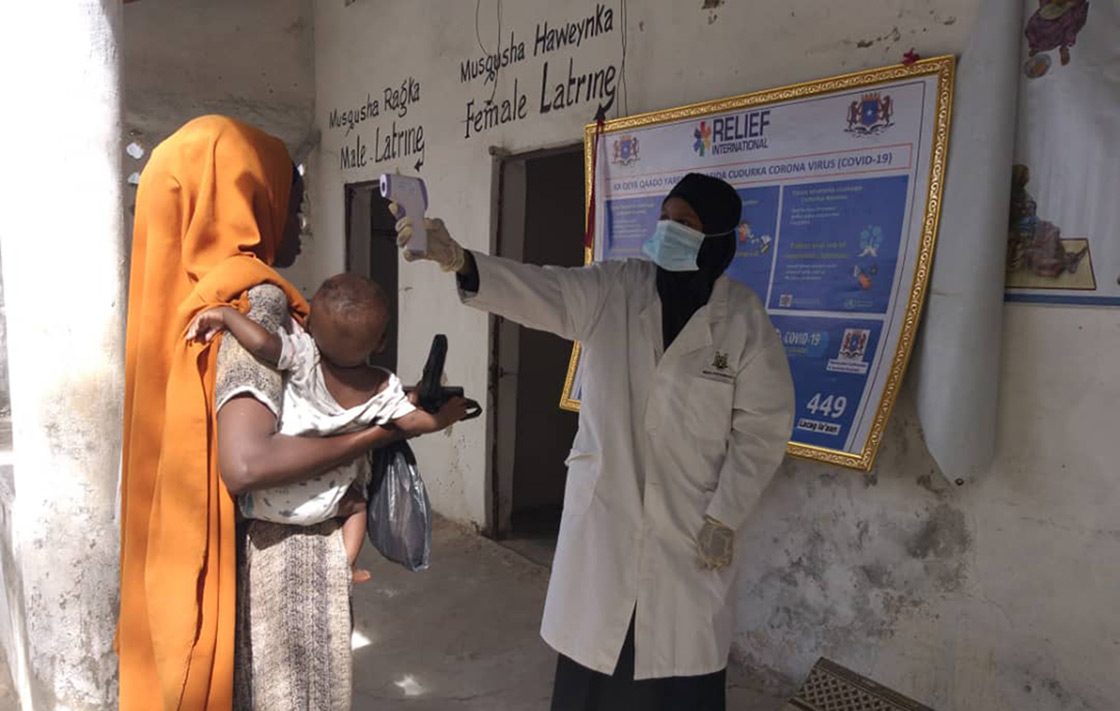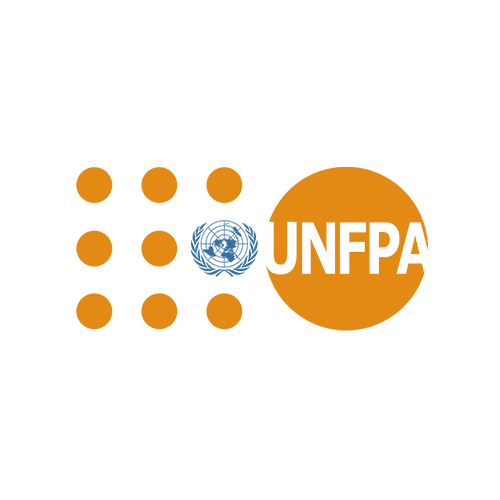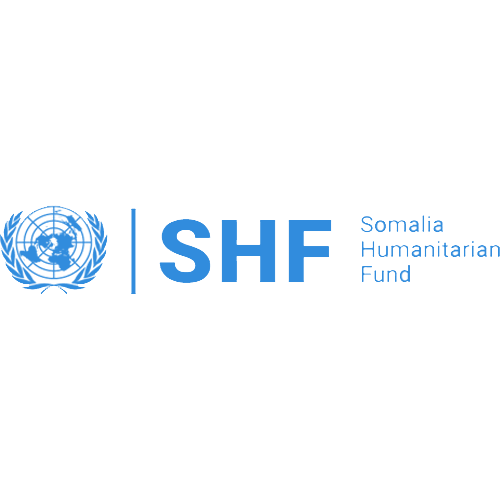For close to three decades, Somalia has been gripped by war, chronic food shortages, displacement, and climate shocks. Now, the coronavirus pandemic is set to steer the country towards its latest crisis.
As of June 10, Somalia has confirmed 2,452 cases of COVID-19, including 85 deaths. However, it is likely that these numbers reflect only a fraction of the virus’s spread given the country’s limited testing equipment. The virus’s true toll is seemingly far worse.
Few countries are less prepared for a COVID-19 outbreak than Somalia. The country’s healthcare system is severely underfunded and largely unprepared to respond to a global pandemic. With one of the worst doctor-patient ratios in the world, Somalia’s health centers are at major risk of becoming understaffed.
The communities most at risk in Somalia are those living in densely populated camps and cities scattered across the country. At least seven in ten Somalis live in poverty and reside with extended family in cramped housing. The large number of internally displaced persons living in camps are at similar risk, and infection rates are expected to increase rapidly over the coming weeks
Through a strategic partnership with UNICEF, the UNFPA and the Somalia Humanitarian Fund, Relief International teams are implementing a COVID-19 emergency response that seeks to address some of the most pressing needs in Somalia.
To date, Relief International’s COVID-19 response in Somalia has included:
- Providing primary healthcare at ten health facilities in urban areas in South Central Somalia, including trainings for triage, management of mild to moderate cases, and management of isolation centers for medical staff;
- Procuring personal protective equipment to safeguard health workers on the frontlines of the pandemic, as well as stocking health facilities supported by Relief International with critical medical supplies;
- Raising awareness about the symptoms and how families can protect themselves against COVID-19 through radio and television campaigns as well as through outreach conducted by local community health workers;
- Promoting social distancing and preventative measures including face masks and handwashing among at-risk communities in order to slow the spread of the virus.
In the midst of a global health crisis, we have already seen that the pandemic will have widespread consequences in the world’s most advanced countries, but what about ones that are considered its most fragile?
In anticipation of a major economic crisis, our teams on the ground in Somalia are working to provide incentive payments for teachers and educators and multi-purpose cash assistance programs for internally displaced populations to provide extra support for those who will be hardest hit by the pandemic.



